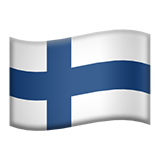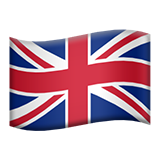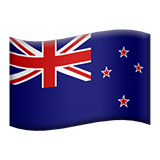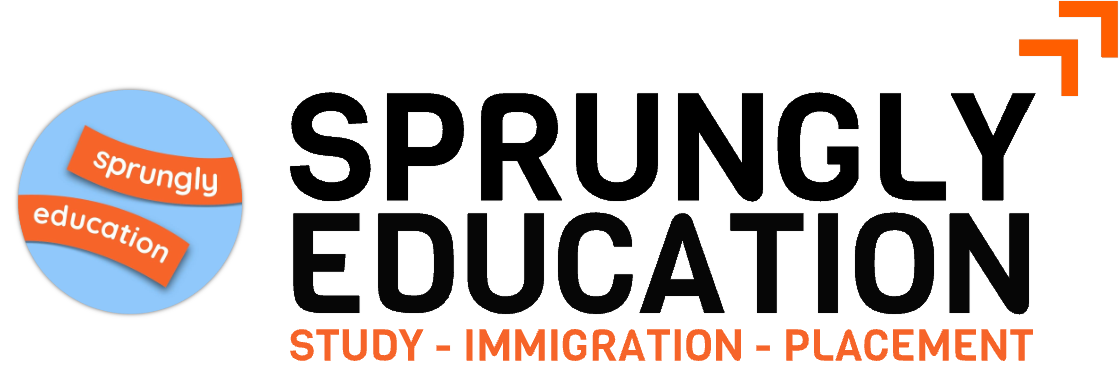Canada Care Visa
Overview
The Temporary Skill Shortage (TSS) Visa (Subclass 482) is a program designed to address genuine skill shortages in Australia by allowing skilled workers from overseas to fill positions that cannot be filled by local workers. This visa has replaced the Subclass 457 Visa and offers pathways for short-term and medium-term employment, depending on your occupation and circumstances.
Who Can Apply?
To be eligible for the TSS Visa (Subclass 482), you must meet the following requirements:
- Occupation: Your occupation must be listed on one of the relevant skilled occupation lists:
- Short-Term Skilled Occupations List (STSOL)
- Medium and Long-term Strategic Skills List (MLTSSL)
- Regional Occupation List (ROL)
- Sponsorship: You must be nominated by an approved Standard Business Sponsor or a business that has applied for Standard Business Sponsorship. Your employer must also submit a nomination application on your behalf.
- Work Experience: You need at least 2 years of work experience in your nominated occupation or a closely related field, gained within the last 5 years. Part-time work is considered, but casual work is not.
- Skills Assessment: Depending on your occupation and country of origin, a skills assessment may be required to confirm that your qualifications and experience meet Australian standards.
- Age and English Language: There is no age limit for this visa, but you must demonstrate competent English language skills if required by the occupation or occupation list.
How to Apply?
- Employer Nomination: Your employer must first be an approved Standard Business Sponsor or have applied for Standard Business Sponsorship. They will need to lodge a nomination application for your role.
- Submit an Expression of Interest (EOI): In some cases, you may need to submit an EOI through the SkillSelect system, detailing your skills, qualifications, and work experience.
- Apply for the Visa: Once the nomination is approved, you can apply for the TSS Visa (Subclass 482) through the ImmiAccount portal. Ensure you complete the application accurately and provide all required information.
- Provide Documentation: Include supporting documents such as proof of work experience, qualifications, skills assessment (if required), and evidence of English language proficiency.
- Visa Decision: Await a decision on your visa application. You may be asked to provide additional information or attend an interview.
Processing Time
Processing times for the TSS Visa (Subclass 482) can vary depending on several factors, including the complexity of your application, the completeness of your documentation, and the volume of applications being processed. Generally, the processing time ranges from a few weeks to several months.
Cost
The cost of applying for the TSS Visa (Subclass 482) includes several components:
- Visa Application Fee: The fee for the primary applicant is approximately AUD 1,330. Additional fees apply for family members included in the application.
- Nomination Fee: Your employer may be required to pay a nomination fee, which varies depending on the business and occupation.
- Additional Costs: Other potential costs include health insurance, medical examinations, police clearance certificates, and any fees associated with skills assessments.
For a detailed breakdown of all associated costs, please reach out to our agency for personalized assistance.
Support or Contact
For further assistance with your application or to address any questions, please reach out to immigration consultants or support services.
- Phone:
- Email:
- Office Hours: Monday to Friday, 9:00 AM to 5:00 PM
Placement

Schedule Meeting
Let’s Discuss the Details.
Schedule a meeting. A lawyer will assess your case, estimate costs, and find a solution.
 Study in Finland
Study in Finland  Study in UK
Study in UK  Study in Germany
Study in Germany  Study in Malta
Study in Malta  Study in Singapore
Study in Singapore  Study in Sweden
Study in Sweden  Study in New Zealand
Study in New Zealand  Study in France
Study in France  Study in Latvia
Study in Latvia  Study in Malaysia
Study in Malaysia